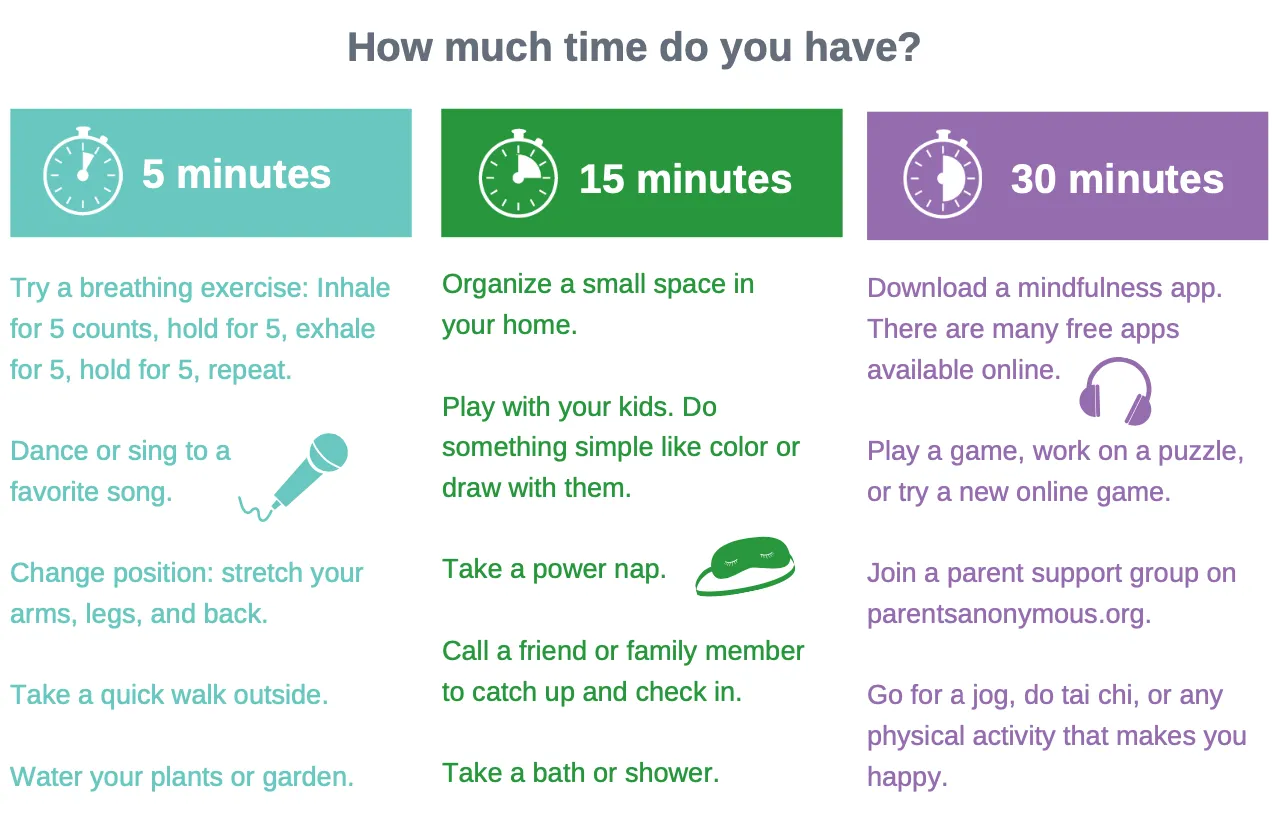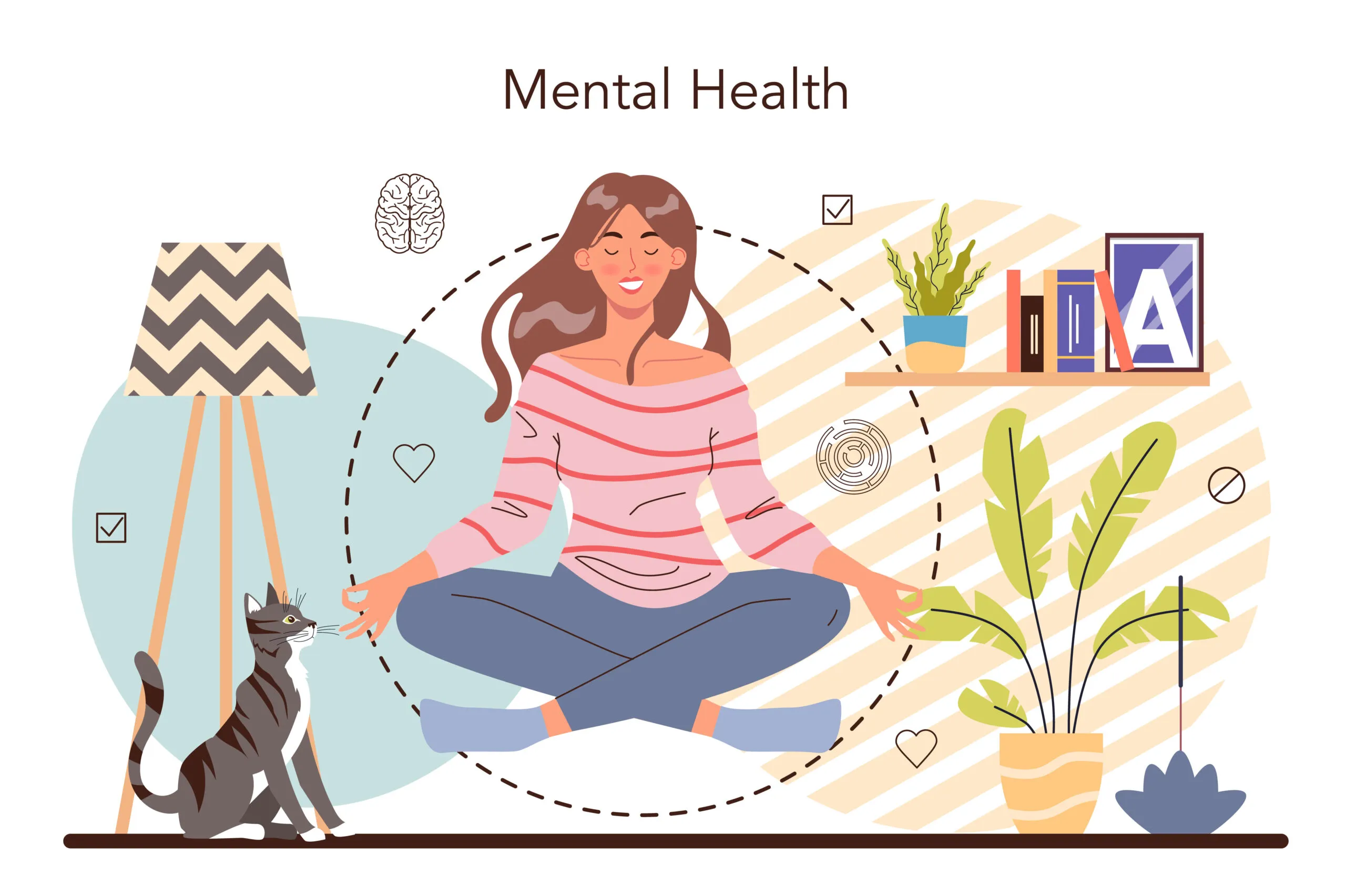In today’s fast-paced world, maintaining a healthy lifestyle for the entire family can sometimes feel overwhelming. With busy schedules and constant distractions, it’s easy to let health take a backseat. However, there are simple and effective steps you can take to improve your family’s health, foster good habits, and create a positive environment that supports physical and mental well-being. Here are some easy health tips that families can incorporate into their daily lives.
1. Eat More Whole Foods Together
The foundation of a healthy lifestyle starts with good nutrition. One of the easiest ways to boost your family’s health is by incorporating more whole foods into your meals. Whole foods are nutrient-dense, and they can help prevent chronic diseases while promoting energy and overall wellness.
Health Tip:
- Focus on adding a variety of fruits, vegetables, whole grains, lean proteins, and healthy fats to your meals. Try to include colorful fruits and vegetables to ensure you’re getting a range of vitamins and minerals.
Easy Meal Ideas:
- A vegetable stir-fry with brown rice and chicken or tofu.
- Smoothie bowls made with fresh fruit, yogurt, and seeds.
- Homemade whole-grain wraps with lean turkey, spinach, and avocado.
Eating together as a family can make mealtime enjoyable and help encourage healthy eating habits in children. It also allows for more control over ingredients, ensuring that your family is eating the best possible foods.
2. Stay Active as a Family
Physical activity is essential for good health, and making it a family affair can be both fun and motivating. Exercising together helps everyone stay committed and allows for quality bonding time.
Health Tip:
- Aim for at least 30 minutes of moderate activity each day. This can include walking, biking, swimming, or even fun games like tag or scavenger hunts in the park.
Family Exercise Ideas:
- Take a walk or jog around your neighborhood.
- Have a family dance-off or workout challenge in the living room.
- Go for a hike or bike ride on the weekends.
Physical activity not only strengthens the body but also improves mental health, reduces stress, and increases energy levels. It’s a great way to set a positive example for your children while improving the overall well-being of your family.
3. Get Enough Sleep
Sleep is often overlooked, but it is a crucial component of good health. Both adults and children need adequate rest for proper brain function, emotional regulation, and physical health. Lack of sleep can affect mood, immunity, and productivity.
Health Tip:
- Encourage your family to follow a consistent sleep schedule by going to bed and waking up at the same time each day. Create a calming bedtime routine to help everyone wind down, such as reading or taking a warm bath before bed.
Sleep Recommendations:
- Children (5-12 years): 9-12 hours per night.
- Teenagers (13-18 years): 8-10 hours per night.
- Adults: 7-9 hours per night.
By prioritizing sleep and setting healthy bedtime habits, your family can enjoy improved focus, mood, and energy levels throughout the day.
4. Drink More Water
Water is essential for overall health. Staying hydrated helps maintain bodily functions, regulate body temperature, and support digestion. Drinking plenty of water is a simple but powerful way to promote health in the entire family.
Health Tip:
- Keep a water bottle on hand for each family member throughout the day. Encourage your children to drink water before, during, and after physical activity, especially if it’s warm outside.
Fun Hydration Ideas:
- Infuse water with natural flavors by adding fruits like lemon, cucumber, or berries.
- Make homemade popsicles using fruit juice or yogurt for a refreshing, hydrating snack.
By encouraging your family to stay hydrated, you can boost their energy, improve skin health, and support optimal digestion.
5. Practice Mindfulness and Stress Management
Mental health is just as important as physical health. Learning how to manage stress and practice mindfulness can improve your family’s emotional well-being and overall happiness. Stress can affect sleep, appetite, and the immune system, so finding ways to relax is essential.
Health Tip:
- Encourage your family to spend a few minutes each day practicing mindfulness. This could include deep breathing exercises, meditation, or simply taking a moment to relax and reflect.
Mindfulness Activities for Families:
- Family yoga or stretching sessions to calm the mind and body.
- Guided relaxation exercises, such as visualizing a peaceful place.
- Spending time in nature to unwind and connect.
By fostering a calm and stress-free environment, your family can improve their mental clarity and resilience, leading to better decision-making and stronger emotional bonds.
6. Limit Screen Time
In the digital age, screen time can easily take over our daily routines. While technology has its benefits, excessive screen time can contribute to physical inactivity, poor posture, and sleep disturbances.
Health Tip:
- Set daily limits on screen time for each family member. Encourage activities that don’t involve screens, such as board games, cooking together, or outdoor play.
Screen-Free Activity Ideas:
- Family game night with board games or card games.
- Cooking a new recipe together as a family.
- Doing arts and crafts or DIY projects at home.
By reducing screen time, you can encourage more face-to-face interactions, improve physical activity levels, and promote healthier sleep patterns.
7. Foster Positive Relationships
The emotional well-being of each family member impacts overall health. Positive relationships and communication are key to reducing stress, improving mental health, and fostering a supportive family environment.
Health Tip:
- Set aside quality time each week to connect with each other. Whether it’s through family meetings, outings, or shared hobbies, spending time together strengthens emotional bonds and boosts mental health.
Relationship-Building Activities:
- Weekly family movie nights or outings to a local museum or park.
- Regular “check-ins” with each family member to talk about their day.
- Volunteering together to help others and build empathy.
By maintaining healthy communication and emotional support, your family can navigate challenges together, enhancing their mental and emotional resilience.
Conclusion
Incorporating these simple health tips into your family’s routine can lead to significant improvements in overall well-being. From eating nutritious foods and staying active together to managing stress and getting enough sleep, each step contributes to a healthier lifestyle. The key is consistency—small, positive changes can add up over time and create lasting habits that benefit the whole family.
Making health a priority doesn’t have to be complicated. By following these easy tips, you can help your family live healthier, happier lives together.




